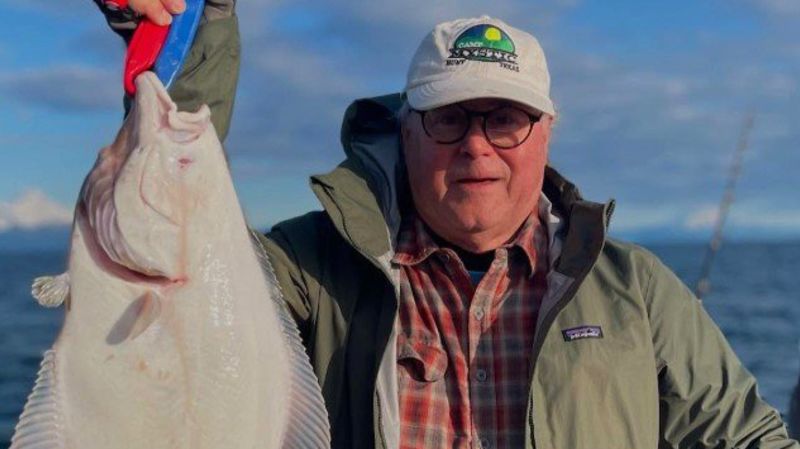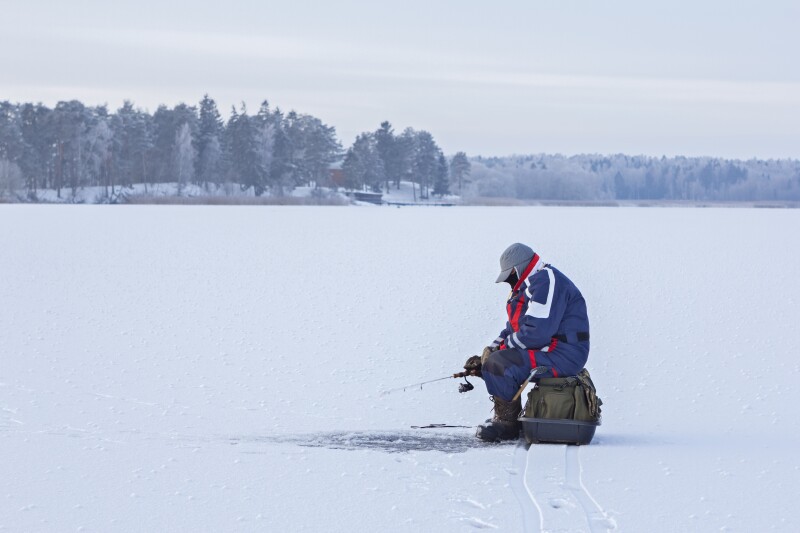
The recent catastrophic flooding at Camp Mystic in central Texas claimed the life of its owner, Dick Eastland, who had long warned about the dangers posed by the nearby Guadalupe River. His dedication to improving safety measures was evident throughout his decades of managing the family youth camp, where he witnessed numerous flood-related incidents. Tragically, Eastland died while attempting to rescue campers during the flooding that occurred on July 7, 2023.
Eastland had been a vocal advocate for better flood warning systems after witnessing firsthand the river’s volatility. He successfully campaigned for a new alert system in 1987, following a devastating flood that resulted in the deaths of ten children at a nearby camp. In recent years, he served on the board of the local river authority, which aimed to enhance flood monitoring efforts along the Guadalupe. “The river is beautiful,” Eastland told the Austin American-Statesman in 1990. “But you have to respect it.”
Despite Eastland’s efforts, the flood warning system he championed became outdated and was ultimately discontinued in 1999 due to reliability concerns. Attempts to establish a modern flood monitoring network, including warning sirens that could have alerted campers during the recent disaster, failed due to budget constraints, local opposition, and insufficient state support.
Long History of Flood Challenges
Camp Mystic has faced flooding issues since its establishment nearly a century ago. Historical accounts detail significant flood events, including a 1932 incident where floodwaters swept away several cabins, forcing campers to evacuate via canoe. In 1978, the camp experienced severe damage during another flood, which resulted in counselors’ vehicles being swept into the river. By 1985, flooding again disrupted camp activities, leading to the airlifting of Eastland’s pregnant wife to a hospital.
The most devastating flood prior to the recent incident occurred in 1987, claiming the lives of ten children. Following this tragedy, Eastland advocated for a comprehensive flood warning system, which was eventually implemented but suffered from maintenance issues over the years. By 1999, the system was deemed unreliable, leaving the area vulnerable to subsequent flood events.
Despite ongoing discussions about improving flood safety, efforts to secure funding for a modern warning system encountered obstacles, including grant rejections in 2016 and 2017. During this time, Camp Mystic expanded its facilities, constructing new cabins in areas designated as having a significant risk of flooding.
Eastland’s Legacy and Community Impact
The recent floods have drawn attention to Camp Mystic’s cabins situated in high-risk flood zones. Some structures are located within the river’s “regulatory floodways,” an area identified as particularly vulnerable to flooding. Experts suggest that camp officials should have recognized the risks associated with building in such locations, especially following the recent construction of new cabins.
Anna Serra-Llobet, a researcher at the University of California, Berkeley, emphasized that after the latest construction, it was critical for officials to assess the flood hazard zones accurately. “They should have seen the FEMA maps,” she stated, pointing to missed opportunities to relocate at-risk structures or repurpose them for safer uses.
In the wake of Eastland’s tragic death, he has been remembered as a hero by many, including his grandson George Eastland, who recounted his grandfather’s bravery in an Instagram tribute. “If he wasn’t going to die of natural causes, this was the only other way—saving the girls that he so loved and cared for,” George wrote.
Community members have expressed their sorrow and admiration for Eastland, describing him as a “pillar” of the community. Friends and former campers alike have shared memories of his passion for nurturing young people and his commitment to Camp Mystic.
As the community grapples with this tragedy, there is a renewed call to action for better flood management and safety measures. Eastland’s legacy as a dedicated advocate for campers and the river may inspire future efforts to protect lives and prevent similar disasters in the future.







